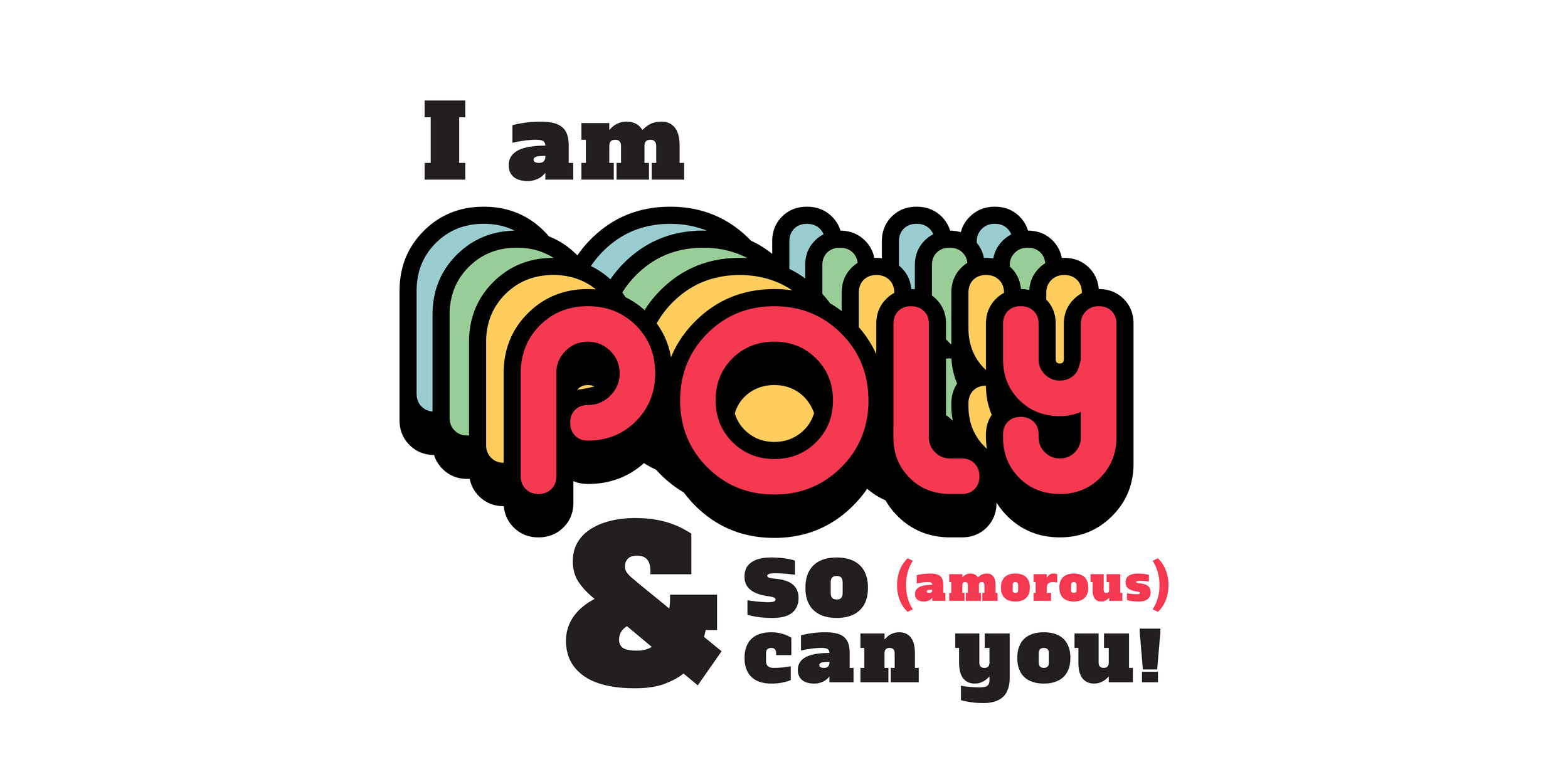Guest Columnist Roan Coughtry tackles a reader's polyamorous abandonment issues!
I'm in a longterm polyamorous relationship with a wonderful primary partner and I also have a few long distance "comet" connections. Problem is, I have a history of abandonment issues and they crop up in my primary relationship from time to time (particularly when other areas of my life are destabilized). How do you deal with insecurities and fears of being abandoned and/or replaced? No matter how hard I try, how often I'm told I'm irreplaceable, or how generally appreciated I feel in a relationship, I'm my own worst enemy and I'm afraid I'm fated to sabotage my relationships. Help!
First of all, congrats on recognizing how and where you might be prone to sabotaging your relationships. That’s half the work right there.
And secondly, you are NOT fated to forever mess up the good things in your life! There are absolutely ways of navigating and transforming these fears as you build and deepen your relationships.
Fears of abandonment are real and very common - especially when you’ve been abandoned in the past by someone you love. This fear can be so deeply wired that no matter how much reassurance or affirmation you get from your partners, lovers and comets, you may still find yourself waiting for the other shoe to drop. Polyamory can especially bring up fears of being replaced, although these fears can exist in monogamous relationships too.
From my experience, if we’re always worried that someone we love might leave us - regardless of evidence to the contrary - it’s an indication of something internal that needs our attention. I know it’s a bit cliche, but it’s usually an inside job.
When I was navigating my own fears of abandonment, it was easy to look at all the external stuff: past trauma, experiences of abandonment, family dynamics, societal systems. Eventually, though, I had to look at one of the most painful experiences that was still happening: How was I abandoning myself?
Many of us have been taught since birth to abandon ourselves in both small and big ways. Maybe we’re taught that our feelings don’t matter as much as someone else’s, so we prioritize their well-being over our own. Or we learn that in order to get love, we have to meet others’ needs, so we put ours on the backburner. We might follow what we’re expected to do, rather than what we desire, to make sure people like us or to get approval. We might change ourselves somehow to fit in, or not enforce a boundary that’s important to us. Maybe we judge ourselves harshly, or are mean and critical to ourselves, or ignore a part of ourselves that needs attention. Maybe we get used to being treated badly, and so we stop standing up for ourselves.
These are all ways that we learn to silence different parts of ourselves to try to ensure someone else’s love, or to ensure belonging. In essence, we leave parts of ourselves at the door, rather than being our full, complicated, beautiful selves. We may get these messages from society, our parents, the media, our classmates or friends, our teachers, or the people we date. Women, people of color, trans and nonbinary people, sensitive folks, folks with disabilities, and neurodivergent folks are especially likely to be told by society that their needs, boundaries or truths aren’t as important as other people’s.
As long as we aren’t showing up with a steady commitment to ourselves, we may forever be afraid of others abandoning us as well. Cause if we can’t show up for ourselves, who will?
The antidote, I’ve found, is both very simple and requires hard work: Show up for yourself. Fully, consistently, unabashedly. And then show up again. And again. Show up for each part of yourself, with love and commitment - even the parts you’re scared of, or the parts you don’t like so much, or the parts you’re ashamed of or wish were different. Find people to support you in loving up on yourself through coaching, bodywork, therapy or other healing practices. Make a commitment to all parts of yourself.
In the meantime, it’s absolutely ok to ask for reassurance from your partner (or comets) that they love you and aren’t looking to leave you. And when you get that reassurance from them, offer it to yourself as well: make yourself a promise that no matter what happens, you’re not gonna leave yourself, and you’re gonna be there for yourself. At the end of the day, that’s the most important relationship you’ll ever have.
Roan Coughtry is a writer, facilitator and healing artist based out of Atlanta, GA. With a background in social work, social justice organizing and ancestral healing work, they’re passionate about kindling the connection between healing, embodied practice and liberation. They’re a co-founder of the national Sexual Liberation Collective, and they’ve helped produce conferences such as Sex Down South, Facing Race and Money for our Movements. For 8 years they’ve served as a gender and sexuality consultant for the UN, where they write and research on violence prevention. They facilitate conversations around the country on sex ed, pleasure and social justice, and they provide individual coaching and healing sessions for clients. You can find out more about their work at www.roancoughtry.com.


